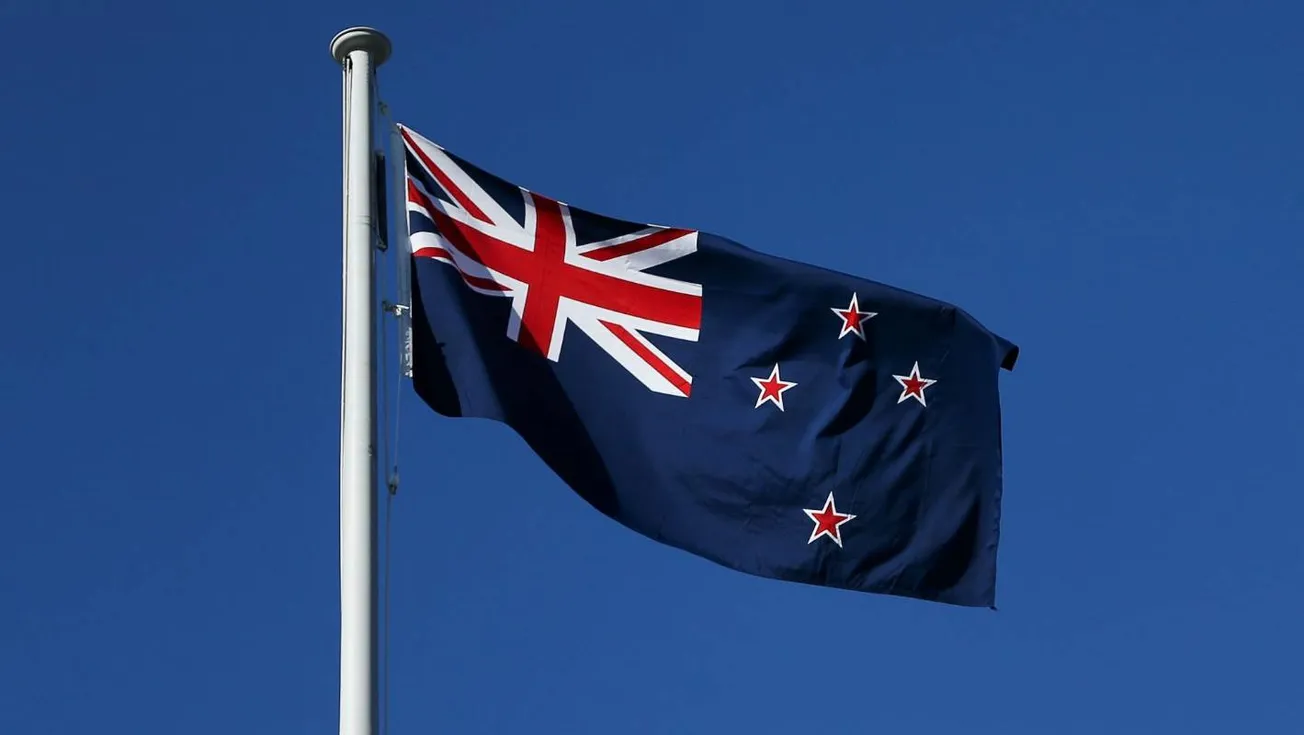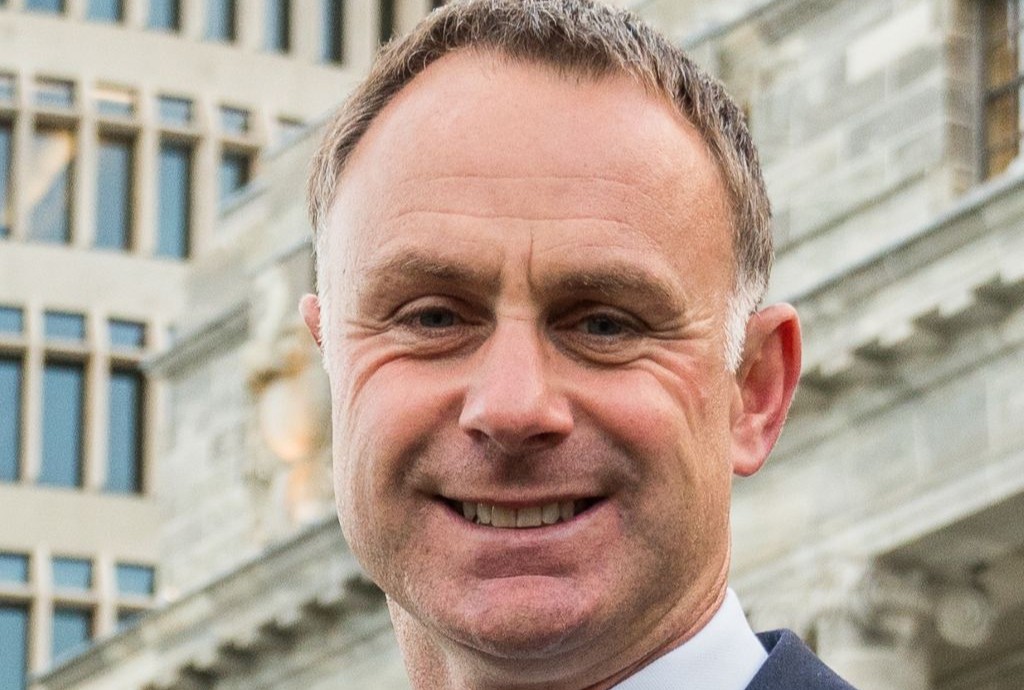Table of Contents

Vaccination System Has a Bug, Government Refuses Target
In the last week we’ve seen some troubling news around the vaccination rollout, with a data privacy breach within the booking system being used for household contacts to book their COVID-19 vaccination.
People accessing the system were able to pull the national health numbers of people, their cell phone numbers, emails and dates of birth. Worse still the system was so poorly designed that people could log in, pretend to be a vaccinator, alter patient records (such as marking people as having been vaccinated), change their appointment times (including in the past), and even attempt to claim funding from the Ministry of Health for completing a vaccination.
The same booking system was due to be rolled-out to Wairarapa, Capital Coast, Taranaki, West Coast, Hutt Valley and Mid-Central District Health Boards, not just Canterbury as the Ministry has said.
The Government has also refused to set a target on vaccinations, with New Zealand being one of only a few countries in the OECD that doesn’t have a target for how many adults should be vaccinated. The others are Colombia and Mexico.
Almost all countries are setting a vaccination target – usually 70 per cent of the adult population – and a date for achieving that target. New Zealand isn’t doing this either.
New Zealand started slow on vaccinations and we’re falling further behind the rest of the world. The latest available public information shows we have administered just 0.56 vaccines per 100 people, while Australia has administered 1.21 vaccines per 100 people.
You can read more from Chris Bishop here, and more on vaccination targets here.
Labour Scrapped Health Targets, ED Waiting Times Now Longer
The Labour Government removed the early warning system for overwhelmed emergency departments when it scrapped DHB health targets for waiting times.
Data compiled by National on the length of time people spend waiting in emergency department shows the number of people waiting longer than six hours began worsening when the Labour Government came to power in 2017 and has been deteriorating since.
Nearly every DHB has emergency department waiting times that are the worse now than they have ever been in the past five years. Mid-Central DHB dropped a staggering 19 per cent from 2016/17 to 2019/20. Immunisation rates at 8 months have also dropped in 15 of 20 DHBs over the same time-period.
The Government needs to urgently fix this issue before winter arrives, and before resources are further stretched by the upcoming COVID-19 and flu vaccination campaigns.
National would do this by reintroducing transparent health targets for emergency departments and supporting primary care so that fewer people turn up at EDs. National would also tender for a third New Zealand medical school so more clinical specialists would be available as GPs and ED doctors.
You can read more from Dr Shane Reti here.
PM Asks for Briefing on Rent Data, National Obliges
In the spirit of bipartisanship, National helped the Prime Minister prepare for her post-Cabinet press conference this week by collating the data she requested on rent increases – although she might want to think carefully before drawing public attention to it as recent trends in house price growth, rental hikes and wage growth don’t make good reading for her Labour Government.
Jacinda Ardern has unleashed a raft of changes on rental properties: two extensions to the bright-line test, banning letting fees, and major amendments to the Residential Tenancies Act. All the way through, officials told her that rents would increase but her Government maintained a view that the officials were wrong.
The Government’s policies have seen weekly rental costs shoot up a massive $120 in just over three years. This is a record increase and a clear sign these policies are failing.
Rents have increased by 8 per cent per year under Labour, compared to 3 per cent per year under the previous National Government. The median house price has also spiralled out of control on Jacinda Ardern’s watch, jumping 12 per cent per year compared to the 5 per cent per year increase under National.
But at least now the Prime Minister will be fully informed when she addresses the media. I hope she has some decent answers for the many New Zealanders who will be worse off because of her Government’s housing policies.
You can read more from Judith Collins here.
Slow Tram down Dominion Road Back to Drawing Board
Labour has once again announced a future announcement, this time for light rail, after wasting $15 million and almost four years on the project. Transport Minister Michael Wood this week said the Government is having a ‘fresh start’ on light rail.
Despite being promised in 2017, there is still no business case. No funding. No route. No idea of who will build the project or how they will build the project. No consents. No engagement. Nothing.
Light rail represents everything that is wrong with this Government. Big on talk but useless on delivery. The Government has wasted millions of dollars and four years while Aucklanders have been taxed an extra 10 cents at the petrol pump to pay for the project.
The Regional Fuel Tax was the Prime Minister’s way to ‘crowd-source for light rail’ but Aucklanders have had nothing in return. Labour’s obsession with light rail shows how misguided it is when it comes to Auckland’s needs.
What Aucklanders desperately need is investment in a second harbour crossing, but the Government can’t see this.
You can read more from Michael Woodhouse here.
Good News of the Week – Tyre Waste Minimisation Project
In 2017, the National Government provided funding to Golden Bay Cement, a subsidiary of Fletcher Building, to upgrade their facilities to use waste tyres as a rubber biofuel in the creation of their cement.
New Zealand has a long-standing problem, with five million waste tyres generated each year. This one project will help dispose of 3.1 million shredded tyres per year, more than half our country produces.
It’s also great to see that in addition to successfully disposing of large amounts of used tyres, Golden Bay Cement can reduce its carbon emissions by 13,000 tonnes per year or the equivalent of 6,000 cars, by switching from coal to this new rubber biofuel.
You can watch more on this project here.
Please share this BFD article so others can discover The BFD.









